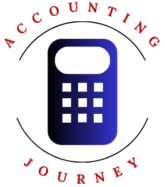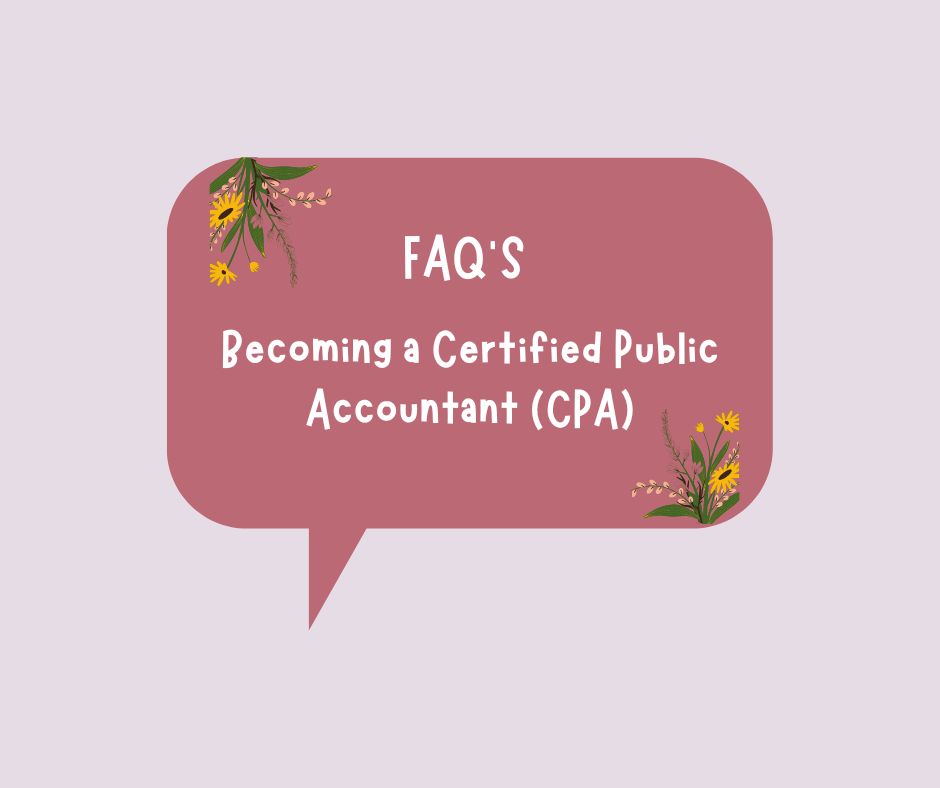What is a CPA? What does CPA stand for?
CPA stands for “Certified Public Accountant”. A certified public accountant is someone who has a CPA license in their given state.
Do you have to be a CPA to be an accountant?
No, you do not need to be a CPA in order to become an accountant. Depending on the accounting role, you may only require a degree, or related accounting experience.
You do not need to be a CPA to get a job at a public accounting firm either. However, many public accounting firms do require you to become a CPA in order to be promoted beyond a certain level within the company.
How do I become a Certified Public Accountant or CPA?
In order to become a CPA, you must complete the required education, accounting experience, and must complete the CPA examination to become a CPA. Once these requirements are met, you can apply for your CPA license.In order to become a CPA, you must complete the required education, accounting experience, and must complete the CPA examination to become a CPA. Once these requirements are met, you can apply for your CPA license.
Education
The required education and level of accounting experience will vary depending on which state you live in; however, most states will require between 120 and 150 credit hours, including a certain number of these credits to include upper-level accounting coursework.
Accounting Experience
There are two things to consider when reviewing the required accounting experience to become a CPA. The first is what type of experience you will need. Some states require an individual to gain experience within public accounting, while other states will allow experience in industry accounting roles to count towards the experience requirement as well, so long as another CPA will vouch for you and sign off on the experience.
The second experience requirement is how much experience will be required. Most states require one to two years of full-time accounting experience to become a CPA.
CPA Examination
Currently the CPA examination consists of a four-part exam, each part consisting of 4 hours of testing on a variety of accounting topics. Some states also require you to take an ethics examination as well. These exams must be passed before receiving your CPA license.
Is becoming a CPA worth it?
Whether or not becoming a certified public accountant is worth it or not, greatly depends on your intended career goals. While many jobs don’t require you to be a CPA, any good look at job postings will show you that having a CPA license is often a preferred requirement and will often make you stand out above someone who is not a CPA. More job opportunities will be open to those who have a CPA License. However, while becoming a CPA may provide more options, this does not mean that becoming a CPA will be right for everyone. Becoming a CPA takes many long hours of study and can also cost thousands of dollars between review programs and testing fees. I would highly encourage anyone considering a CPA license to do their research and decide for themselves if it is worth the investment.
Can you make a lot of money as a CPA?
Your CPA license in itself will not make you a lot of money. However, your license may help you get a particular position that will allow you to make a significant income. It will depend on the state in which you live in, but generally CPA’s who make over 6 figures will be those who are at a Manager or above level in public accounting, or who hold a management role in a private company such as that of an Accounting Manager, Controller, CFO, etc. It will generally take at least several years of accounting experience to make this much money in the accounting industry.
How long does it take to get your CPA License after completing your CPA exam?
After completing and passing all CPA examination requirements and other education and experience requirements, you must submit your CPA license application to your designated state authority. The timeframe for receiving your license after that will vary state by state. However, for myself who resides in Florida, it took about 3 weeks from the time that I submitted my application, to the time that I received my email notifying me of my new license.
On top of my license that I received via an email attachment. I also received a CPA certificate. This certificate took a little over two months to receive in the mail from my application date.
Is becoming a CPA hard?
The hardest part of becoming a CPA for most people is the CPA examination. The CPA exam passing rates for 2022 according to the AICPA, were around 40% to 60% depending on the exam. This does not take into account how many times some individuals took a particular exam before passing. Many individuals will need to take sections of the exam 2, 3, or even more times before passing.
Can you become a CPA in 2 years?
It is absolutely possible to become a CPA in 2 years in many states. While becoming a CPA includes a variety of education, work experience, and passing several exams, most of these items can be completed simultaneously.
Many states will allow you to start taking exams as long as you have some accounting education under your belt. For example, in the state of Florida, one must have 150 credit hours to become a CPA, however, a candidate may begin taking the CPA exams once they have 120 credit hours. So, in theory, you could work on continuing your education, while also working on exams, or even working full-time in the process.
As for the exams themselves, you have 18 months from the time that you complete your first exam to complete all four exams, before your score starts to expire. Based upon speaking with many CPA’s the amount of time to complete their exams has varied. I know some who have taken and passed all exams withing 3 months. I also know others who take the full 18 months to do so. This will greatly depend on your particular ability to make time for studying for the exams. This will have a large impact on whether you can become a CPA in 2 years or not, but it is definitely possible and realistic in most cases.

